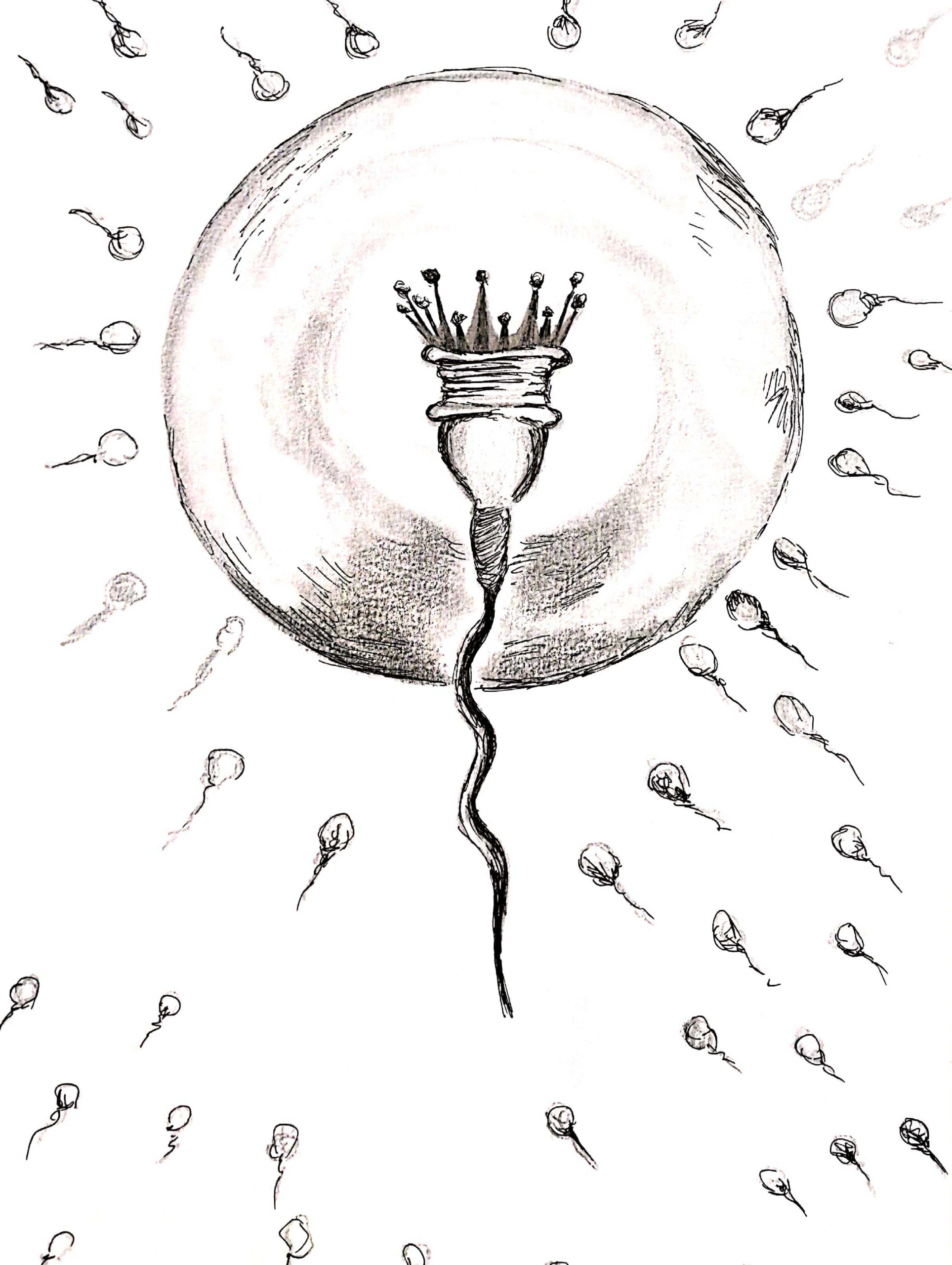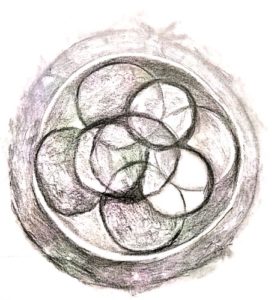Advanced sperm searches:
Before proceeding to invasive methods and surgeries, a patient must undergo advanced sperm search methods, which enable a thorough examination of semen samples to find any viable sperm that can be used in IVF procedures. In general, these methods make use of microscopes (x6,000), but the emphasis is not on magnification, but rather on meticulous attention to detail, the dedication of sufficient time, and high level of expertise when examining semen samples. The procedure involves advanced methods of circulating fluid within the sample while segregating the relevant portions that could possibly contain sperm and making sure the entire sample is examined. Advanced sperm searches have a proven record of success, sparing patients from the need to undergo surgical procedures meant to recover sperm. Still, the success rate for finding viable sperm in these searches, when compared to standard lab procedures, currently stands at 20%. When choosing a facility for these procedures, please consider that there are technical differences in the way a sperm search can be performed: Some labs freeze the recovered sperm together with the material that surrounded it in the semen sample, thus making it necessary to do a second search for this sperm before IFV; Some labs only count the sperm cells in a sample without employing any measures of examining the sperm’s ability to fertilize an egg, at least by check the germ load within the sperm sample (by using bacterial cultures), although this has no impact on clinical outcomes.
Regarding sperm searches, it is important to remember that not finding any sperm cells in a search should not lead to a definitive conclusion about the inability to isolate sperm cells. There are known cases in which repeat searches, sometimes the following surgery, have found sperm cells. The biological rationale that supports this approach is based on the fact that sperm production is a dynamic process that replenishes over time (every 3 months), and therefore there is no way of determining when this system will be able to produce sperm.



